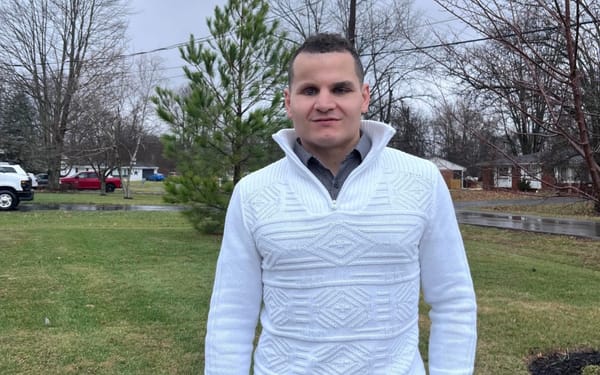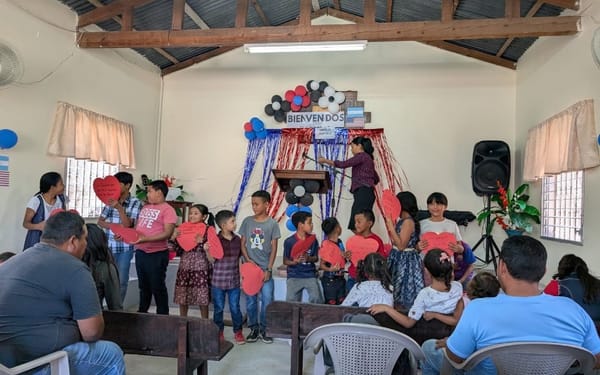Keep Walking in Truth (2 John; 3 John)
Do you ever grow tired of walking in truth? 2 John and 3 John are personal letters written by “the elder,” traditionally identified as the Apostle John.

2 John and 3 John
Today's Scripture Passage
A Few Thoughts to Consider
Do you ever grow tired of walking in truth?
2 John and 3 John are personal letters written by “the elder,” traditionally identified as the Apostle John. Both letters address challenges facing early Christian communities, particularly false teaching and interpersonal conflicts within church leadership. 2 John emphasizes walking in truth and love while guarding against heretical teachers. 3 John, in contrast, focuses on hospitality and church unity. But of special importance is the topic of truth.
On the heels of addressing some tough challenges in 1 John, “John writes with two purposes in mind: to buttress his followers’ commitment to the truth and to warn them about the severity of their opponents and the need to protect themselves.”[1] John says in 2 John 4-6:
4 I was very glad to find some of your children walking in truth, in keeping with a command we have received from the Father. 5 So now I ask you, dear lady—not as if I were writing you a new command, but one we have had from the beginning—that we love one another. 6 This is love: that we walk according to his commands. This is the command as you have heard it from the beginning: that you walk in love.
To walk in truth is to walk in love. As Leon Morris writes, “To follow the truth is not simply an option selected by some people as desirable, but a response to the command of the Father. Following truth is certainly attractive, but it is not the attractiveness to which John is drawing attention.”[2]
“Truth, for John,” N.T. Wright notes, “is something that goes down deep and spreads out wide. It is what happens when humans, redeemed in the Messiah and renewed by the spirit, think, speak and act in a way which corresponds to God’s plan to renew the whole creation — and, indeed, which sets that renewal forward in whatever way they are called to do.”[3] Wright adds:





